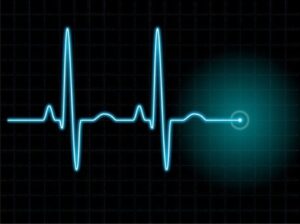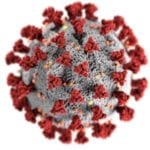
The Department of Homeland Security wants to leverage biometric wearables to optimize its workforce, and to that end has issued a call for proposals for the development of such technology.
As NextGov reports, the Department is looking for a solution that would track various biometric signals to get a sense of the subject’s health status, particularly with respect to burnout or exhaustion. The call for proposals asks interested parties to develop solutions that would address two hypothetical scenarios.
In one, a wearable device would monitor the health and stress levels of an emergency response worker tackling the aftermath of an earthquake. A biometric monitoring device would track the individual’s stress levels, and would alert the professional to the onset of potential heat exhaustion during grueling physical work, prompting her to take a break.
In the other scenario, an app would track a customs officer’s sleep and drinking habits, and would use biometric sensors to monitor his heart rate during working hours, prompting recommendations to help the officer lower his stress levels as necessary.
According to NextGov, the DHS’s call for proposals is focused on solutions for its Customs and Border Protection agency, noting that CBP officers “work under stressful conditions and are regularly exposed to the risk of accidents, physical attacks, or other trauma,” compared to other professionals. But the Department is interested in applying proposed biometric monitoring solutions across its other branches as well.
There is a growing recognition of the utility of biometric wearables in health monitoring beyond the kinds of fitness-tracking capabilities found in standard consumer devices. A recent study published on the JAMA Network Open delivered compelling evidence that a biometric wristband could predict the early onset of H1N1 influenza and human rhinovirus infection, and the US Army has been exploring the use of the WHOOP band – a wearable focused on the sports industry – to detect physiological stress on the part of soldiers training in the harsh conditions of the Arctic.
For its part, the DHS is concerned about the long-term effects of various stressors on the health of its workforce, noting in its call for proposals that these can lead to depression, chronic illness, and burnout.
Initial funding for the development of the selected proposal will start at $200,000, and would reach $500,000 in a later phase of development. The DHS has set a deadline of January 13, 2022, for applications for the first round of review, and a final application deadline of April 13, 2022. The contract will be issued via the Department’s Silicon Valley Innovation Program.
–
October 15, 2021 – by Alex Perala







Follow Us